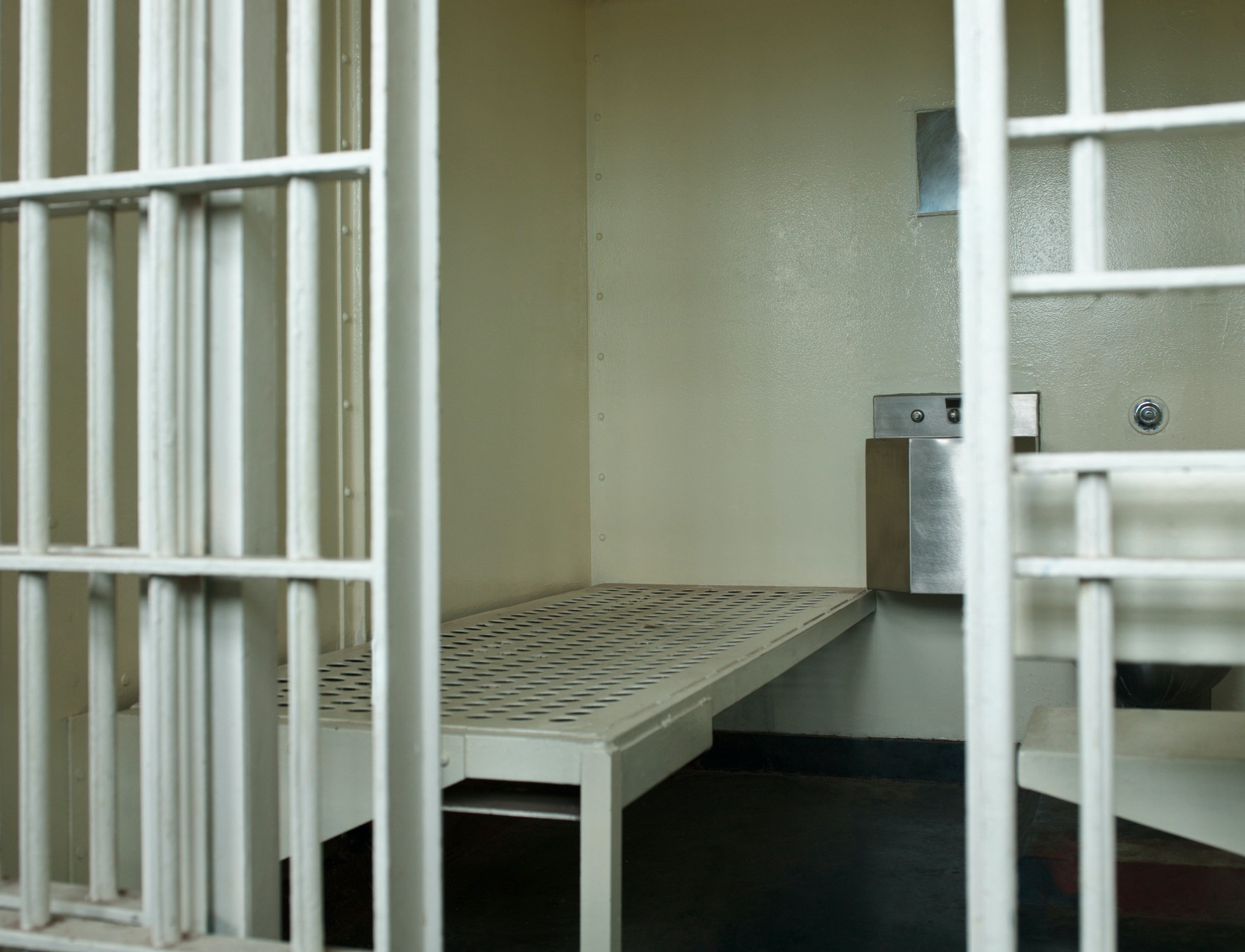Man With Innocence Claim Is First to Die of COVID-19 in Pennsylvania Prisons
The Pennsylvania Innocence Project was seeking the exoneration of Rudolph Sutton when he died on April 8 from complications related to COVID-19.

A 67-year-old man who was fighting for his exoneration became the first incarcerated person in the Pennsylvania prison system to die from COVID-19.
Rudolph Sutton, who served 30 years in prison and was held at State Correctional Institution Phoenix, died at a local hospital on April 8 from complications related to COVID-19.
The Department of Corrections announced his death on Monday, and the Innocence Project of Pennsylvania, which was representing Sutton, released his name on Tuesday.
“My father always maintained his innocence and believed someday he would be free,” his son, Rudolpho Sutton, said in a press release from the Pennsylvania Innocence Project. “Our family is devastated by his passing but hope his death will lead to quicker actions to release his co-defendants and others who do not belong in prison because they are innocent.”
Sutton, who had cardiovascular disease and liver cirrhosis, served 30 years of a life without the possibility of parole sentence. He and two other men were convicted in 1990 of first-degree murder for the stabbing death of Dewey Mackey. Two additional people were convicted of third-degree murder for the killing.
“Mr. Sutton should never have been incarcerated in the first place,” Nilam Sanghvi, legal director of the Pennsylvania Innocence Project, said in the press release. The organization did not immediately respond to The Appeal’s request for comment to detail Sutton’s innocence claims.
“[H]is tragic death underscores the urgent need for the Governor, the Department of Corrections, the legislature, and the courts to act quickly so that another factually innocent person does not risk death in prison due to COVID-19,” Sanghvi said.
The project, which also represents Sutton’s co-defendants, said it will continue to try to clear his name posthumously.
Sutton’s death occurred days after Governor Tom Wolf announced that he would use his reprieve power, a form of clemency, to slow the spread of COVID-19. Wolf, however, is limiting release to people convicted of nonviolent offenses and nearing their minimum sentence, so Sutton would not have qualified, despite being considered a vulnerable person.
Corrections Secretary John Wetzel said during a phone call with press Wednesday that he believed seven or eight people had received reprieves and were expected to be released by the end of the day.
The Pennsylvania Office of General Counsel determined in March that Governor Tom Wolf “could probably” use reprieves to release people from prison amid the pandemic, but decided it was not the “preference” to use the power, according to emails obtained by The Appeal. On April 3, Wolf’s administration proposed legislation with state lawmakers to create an emergency furlough program for people incarcerated in state prisons. The Republican-led legislature also proposed a version of the legislation but did not act on either bill.
The DOC announced the first person in its custody to test positive for COVID-19 on March 29. Since then, a total of 15 incarcerated people and 23 staff members have tested positive for COVID-19.
Wolf could not be immediately reached for comment about whether he intends to review other cases of vulnerable people with innocence claims, and consider issuing reprieves for them.
“One of the greatest concerns in our system of justice is that there are wrongly convicted innocent people in prison,” Nan Feyler, executive director of the Pennsylvania Innocence Project, said in the organization’s press release. “That concern becomes a tragic failing when such a person dies – all the more so when swift action can prevent a person’s death from happening.”
